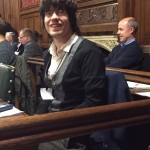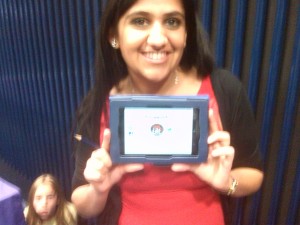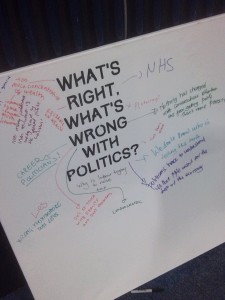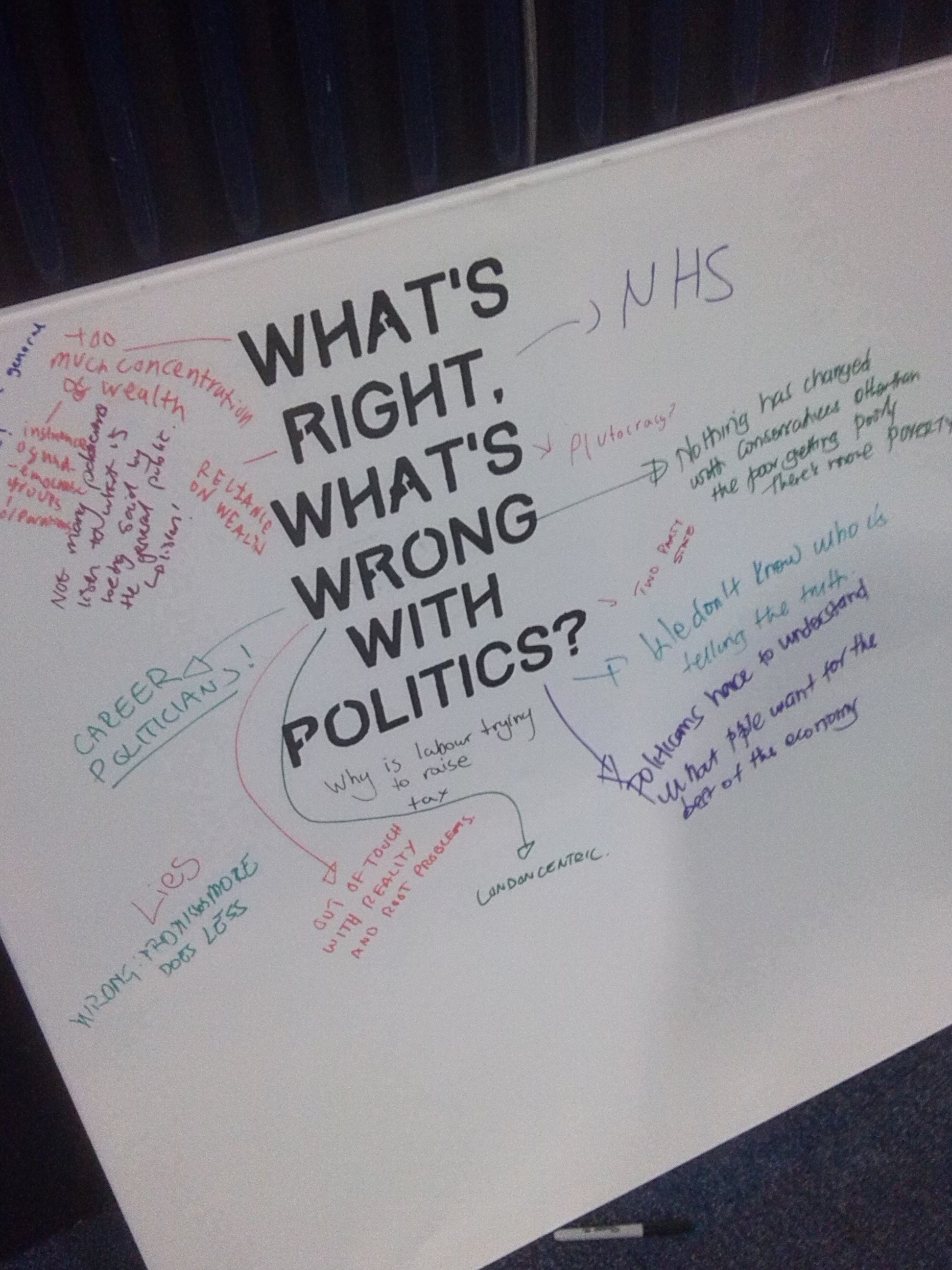#GenerationVote – A Voting Revolution?
By Youth Ambassador Jack Welch 
As a new wave of a plethora of election campaigning and coverage hits the electorate in the weeks counting down to what appears to be a highly anticipated general election, it was time to shift that focus to the generation who will be waiting for their first election as well as those who will have to wait for a few more years before they are in this situation. Hosted at London Metropolitan University and supported by YEUK’s friends, the British Youth Council, who have responsibility of the League of Young Voters campaign, #GenerationVote brought together eligible and those still under the voting age to bring the political debate in a way which can be related to the issues younger generations care about most.
Featuring special guests in the course of panel debates held throughout the day, including Labour MP candidate, David Lammy, and Conservative candidate, Alex Burghart, the event hoped to bring a more interactive dimension, in what can be for many of those deciding to vote or not, a dry and technical subject matter. Through vox pop cameras set up or ‘vote with your feet activities’, it was not a conventional structure aimed purely at the most engaged. Speaking to BYC Chair Mita Desai about why the event was held, she said “A lot of young voters’ gut instincts are politicians don’t represent me, therefore I won’t vote. Currently we don’t have anywhere in the school system where every young person has an opportunity to go out and get access to information.”
The debate with MP candidates asked the same question itself of why vote and arguments from David Lammy on the one hand suggesting that the baby boomers of previous generations dominate politics and have responsibility of why young people are now in the situation they are in. By voting, young people can at least continue to make these individuals accountable and even have better chances for MP candidates at future elections. His Conservative opponent, Alex Burghart, highlighted the cuts made so far have given ‘no pleasure’ to the government, but have been a necessity to restore the economy to health and to stay on that path.
Mita was confident that the voter turnout this election can be improved from the 44% showing of 18-24 year olds back in 2010. She explained “I’ve never heard the opinion of young people [not voting] saying ‘don’t really care’, once you delve into the issues. They don’t feel like it won’t make a difference. Once you address that, you inspire young people to vote.”
18-24 year olds back in 2010. She explained “I’ve never heard the opinion of young people [not voting] saying ‘don’t really care’, once you delve into the issues. They don’t feel like it won’t make a difference. Once you address that, you inspire young people to vote.”
The afternoon saw a discussion on what is perhaps BYC’s longest running campaign to extend the voting franchise from sixteen years old. Featuring young people representing BYC, the NUS and Sky News’s ‘Stand Up, Speak Out’ campaign, with arguments speaking out for a system which better serves young people in their education and a better chance in which the young can be engaged before they leave education after they are over twenty.
While at the event, I introduced participants to what YEUK was all about and rather boldly asked some to hold a sign in support. Speaking to Mita after the event concluded about how employment could be improved, she spoke of “When you don’t have that [careers advice] information, people are not likely to go into careers they are not passionate about. When you go for a job interview they ask for work experience and that’s like an unpaid job.” Other topics raised on low apprentice wages and the choice of living at home for lower or no rent were also concerns raised which are well known to YEUK. With so much at stake now, can these problems be translated into solutions at the ballot box? That yet is a question which not even a politician yet could answer.








